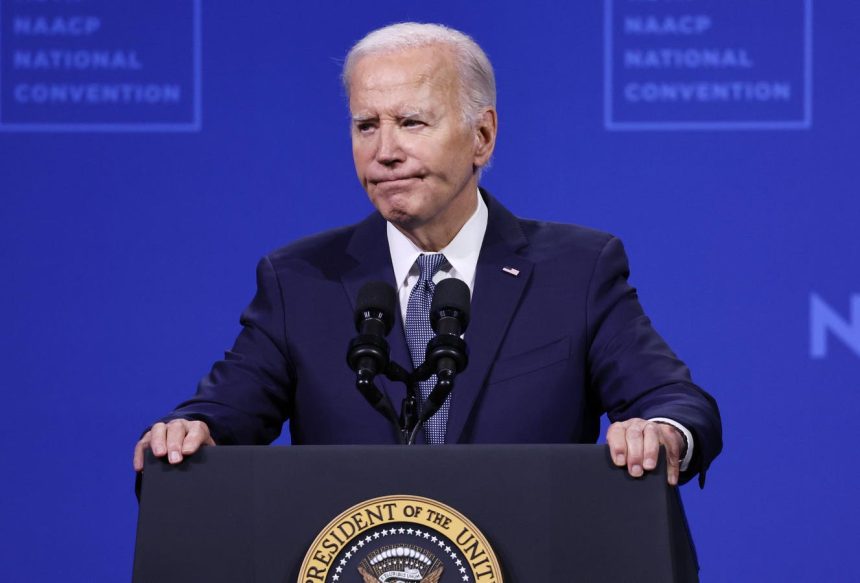Adam Smith’s profound observation about money’s primary purpose – to facilitate the exchange of goods – holds immense relevance in understanding global economic and political dynamics. This principle underscores the rationale behind the Bretton Woods agreement of 1944, where world leaders sought to establish a fixed exchange rate system anchored by the gold-backed US dollar. The underlying belief was that stable currencies and facilitated trade would foster interdependence among nations, making war a less appealing prospect. This postwar consensus recognized that trade promotes mutual benefit and cooperation, thereby reducing the likelihood of conflict.
This historical perspective sheds light on the contemporary debate surrounding the proposed ban of TikTok, a popular social media platform owned by a Chinese company. Politicians on both sides of the political spectrum have justified this ban by citing national security concerns, alleging that TikTok serves as a tool for Chinese espionage and propaganda. However, this rationale appears flimsy and potentially counterproductive. Paradoxically, TikTok’s widespread adoption by 170 million Americans could serve as a deterrent against Chinese aggression, as it creates a strong economic and cultural link between the two nations. Targeting such a popular platform risks escalating tensions and undermining the very national security it purports to protect.
The argument that TikTok allows the Chinese Communist Party (CCP) to disseminate propaganda and influence American public opinion also warrants scrutiny. This claim not only underestimates the intelligence and critical thinking abilities of the American public but also reveals a paternalistic attitude among policymakers. The notion that Americans are susceptible to brainwashing by a foreign government through a social media app is insulting and ignores the resilience of American values and the country’s enduring appeal as a beacon of freedom and opportunity. Furthermore, the assertion that the CCP can effectively manipulate content on TikTok to sway American sentiment overlooks the inherent ineffectiveness of government-controlled media. Historically, attempts by governments to control information have often backfired, leading to skepticism and resistance.
The proposed TikTok ban raises fundamental questions about freedom of expression and the role of government in regulating information. By restricting access to a platform enjoyed by millions of Americans, policymakers are essentially curtailing freedom of speech and choice. This action not only infringes on individual liberties but also contradicts the principles of open dialogue and the free flow of information that are essential for a vibrant democracy. The justification for this restriction – protecting Americans from allegedly harmful content – is weak and patronizing, implying that the public cannot be trusted to discern truth from propaganda.
Moreover, the ban undermines the very foundation of American exceptionalism, which has long attracted talent and innovation from around the globe. The United States has always prided itself on being a haven for free expression and open debate. By succumbing to fears of foreign influence and restricting access to information, the country risks losing its competitive edge and its appeal as a global leader in innovation and creativity. The irony is stark: in an attempt to protect national security, policymakers are jeopardizing the very values and freedoms that define the nation’s strength.
The proposed TikTok ban represents a dangerous precedent, demonstrating a willingness to sacrifice fundamental freedoms in the name of an ill-defined national security threat. This action not only undermines the principles of free speech and open dialogue but also reflects a lack of faith in the American public’s ability to critically evaluate information. Furthermore, by targeting a platform that fosters cultural exchange and economic ties, the ban risks exacerbating tensions with China and undermining the very national security it seeks to protect. The focus should be on fostering critical thinking and media literacy, not on censoring content and restricting access to information. A truly secure nation is one that trusts its citizens to engage with diverse perspectives and make informed decisions.



